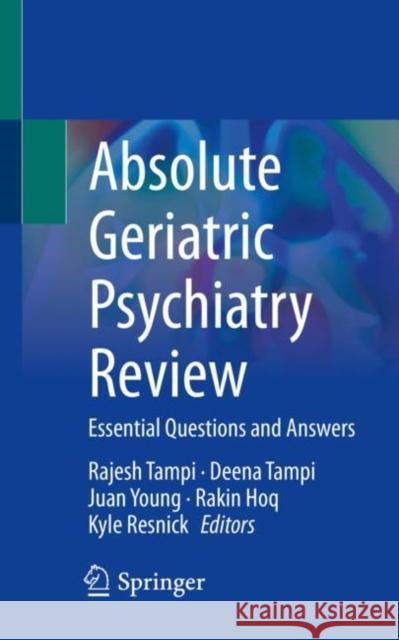Absolute Geriatric Psychiatry Review: Essential Questions and Answers » książka
topmenu
Absolute Geriatric Psychiatry Review: Essential Questions and Answers
ISBN-13: 9783030586621 / Angielski / Miękka / 2021 / 424 str.
Kategorie BISAC:
Wydawca:
Springer
Język:
Angielski
ISBN-13:
9783030586621
Rok wydania:
2021
Wydanie:
2021
Ilość stron:
424
Waga:
0.63 kg
Wymiary:
20.32 x 19.56 x 2.29
Oprawa:
Miękka
Wolumenów:
01
Dodatkowe informacje:
Wydanie ilustrowane











